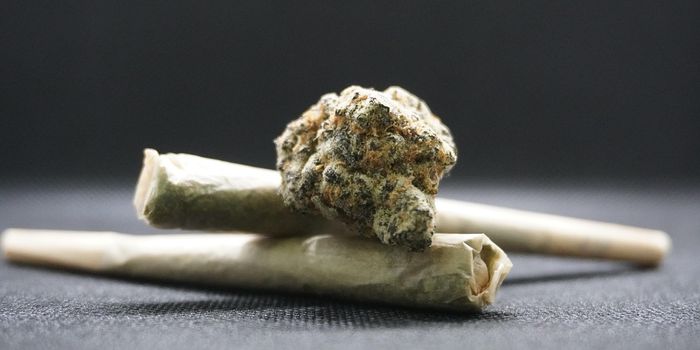Binge Drinking Affects Men and Women Differently
Binge drinking is not a good idea. Alcohol is linked to cardiovascular disease, obesity, diabetes, and some forms of cancer. Hundreds of studies show the poor outcomes associated with binge drinking and alcohol abuse. However, a new study published in Frontiers in Genetics shows that, in the brain, alcohol abuse and binge drinking, differ in men versus women.
The nucleus accumbens is the part of the brain that handles reward circuitry and addiction can essentially "hijack" this process. Gene expression in this part of the mind differs in males and females according to a new mouse model study. In female mice, binge drinking impacts hormone signaling and immune function. In male mice, the same kind of alcohol intake impacts nerve signaling. While it’s true that the male and female brains handle many conditions differently, this study is significant because it shows the specific pathways that activated in each sex and that could be the way forward in treating alcohol use disorders.
Dr. Deborah Finn is a Professor of Behavioral Neuroscience at Oregon Health & Science University and a Research Pharmacologist at the VA Portland Health Care System. She led the research that found the different patterns of gene expression. She stated, "We show that repeated binge drinking significantly alters molecular pathways in the nucleus accumbens, a region of the brain linked to addiction. A comparison of activated pathways reveals different responses in each sex, similar to that reported in recent research on male and female mice tested during the withdrawal phase following chronic alcohol intoxication. These findings are important as they increase our understanding of male and female differences in molecular pathways and networks that can be influenced by repeated binge drinking. This knowledge can help us identify and develop new targeted treatments for alcohol use disorder in males and female patients."
While for some binge drinking is a rare occurrence, it is a risk factor for developing a dependence on alcohol. Previous research has shown that male and female mice experience different patterns of brain activity during withdrawal from alcohol. The team in Portland wanted to see if the same was true during binge episodes.
Genetic Engineering and Bio-Technology News reported the team's findings, saying, "The sex-related changes to gene expression indicated that binge drinking had different effects on biochemical pathways in male and female animals. In female mice, expression differences suggested that hormone signaling and immune function might be altered,” the authors write. “A different pattern of results was found for males, where expression difference suggested that neurotransmitter metabolism was altered by repeated binge drinking.”
There are just over 100 genes that are active in binge drinking. When Dr. Finn’s team looked at mice, who had been exposed to binge episodes of alcohol intake. Finn described the results stating, “We examined the effect of repeated binge drinking on the expression of 384 genes previously identified as important in addiction and mood disorders. Of a total of 106 genes regulated by binge drinking, only 14 were regulated in both males and females, representing common targets to binge drinking. Interestingly, only 4 of these 14 genes were regulated in the same direction, and the top 30 genes regulated by binge drinking in each sex differed markedly."
With such stark differences in males and females, it naturally follows that treating addiction will need to be different depending on the patient’s gender. In the mice, manipulating the pathways that were altered in binge drinking was only successful in stopping the dependence if the correct pathways, according to sex, were changed. Check out the information below to learn more about what constitutes binge drinking, especially in younger adults.
Sources: Frontiers, Genetic Engineering News









